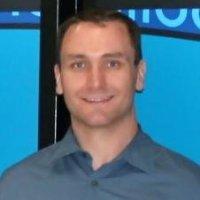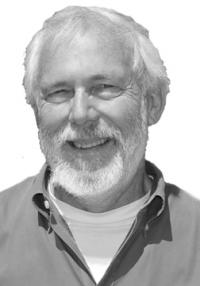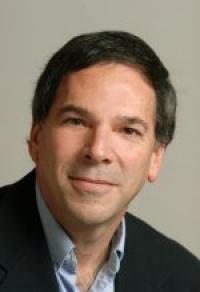
Pellet-Clad Interaction (PCI) in zirconium alloy cladding has been a long-standing concern in the context of fuel reliability. Mitigation measures lead to constraining operational procedures in combination with modifying the manufacturing process of the cladding, adding a composite layer to the cladding and/or applying a protective coating to the inner surface of the cladding. Although the foregoing remedies have satisfactorily resolved the problem, significant interest remains to extend the operational conditions of existing reactors to higher burn-ups and to relax current (conservative) operational procedures, which were established to minimize the effects of PCI.
Several key historic and current research activities pertinent to PCI
are discussed in this review with a description of the current understanding of the phenomenon. Additionally, recent advances in experimental methods that have been used with great success in studying stress corrosion cracking of non-nuclear materials will be explored. Similarly, development of advanced numerical modelling and simulation techniques of nuclear material behaviour will be discussed. The objective of this review is to outline a path forward to develop a sound scientific understanding of the PCI phenomenon with the overall goal of improving engineering solutions and optimizing operational parameters to enhance performance while maintaining a high level of safety.
Dr. Markus Piro is currently a research scientist in the Reactor Safety Division of the Chalk River Laboratories (CRL) and an adjunct professor at the Royal Military College of Canada. His primary research interests are in computational thermodynamics, nuclear fuel engineering, multi-scale multi-physics modelling & simulation of nuclear materials, and experimental & computational fluid dynamics. Dr. Piro received a BSc.Eng. and MSc.Eng. in Mechanical & Materials Engineering from Queens University and a PhD. in Nuclear Engineering at the Royal Military College of Canada in conjunction with the Computer Science & Mathematics Division of the Oak Ridge National Laboratory (ORNL). After completing his graduate studies, he spent two years as a Post-Doctoral Fellow in the Materials Science & Technology Division at ORNL.






